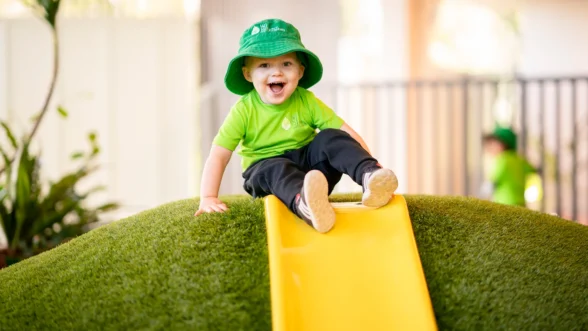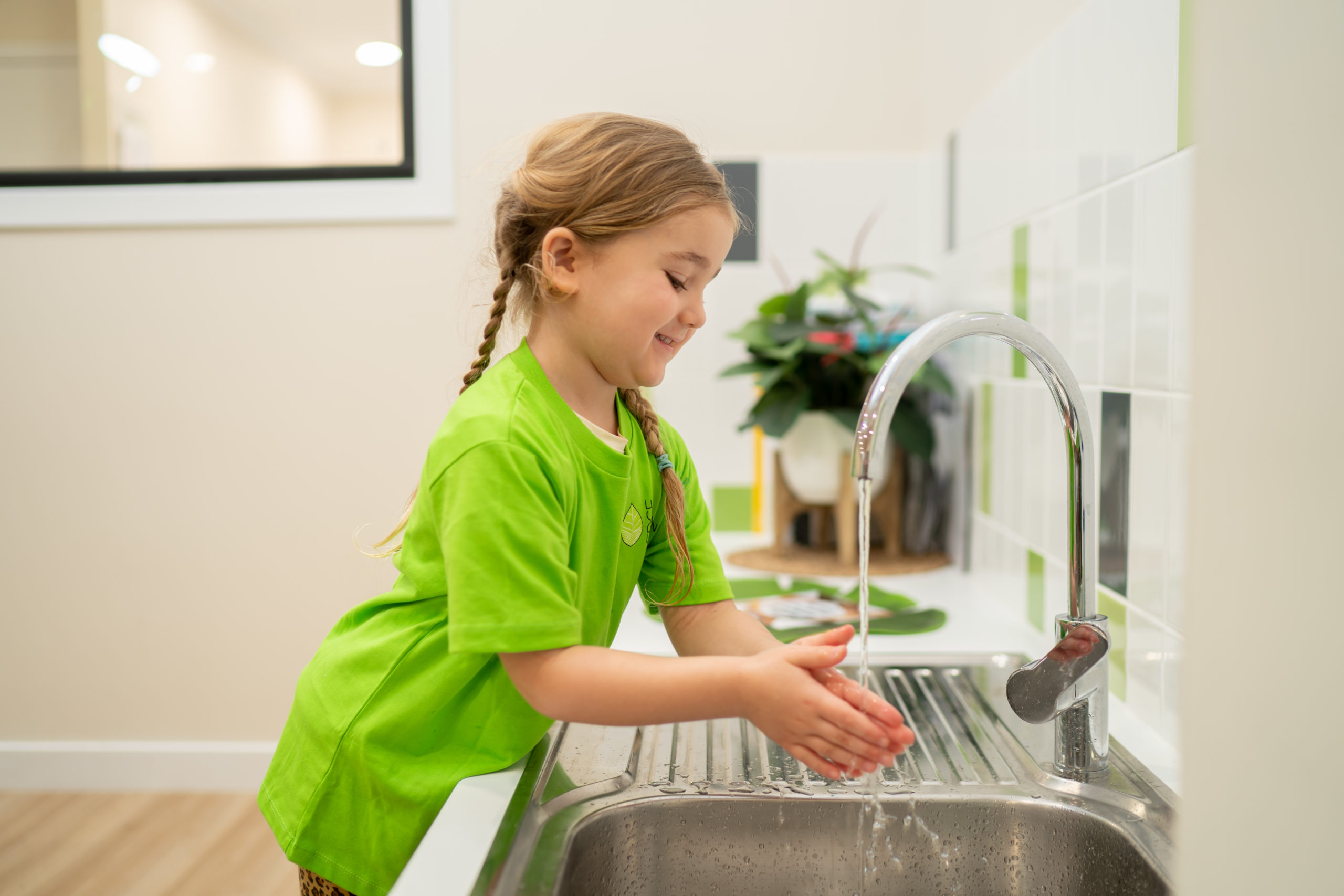
Education, Wellbeing
Wellbeing
01 August, 2026

Colds and viruses love winter. They survive for longer at colder temperatures, giving them more time to find new hosts. And with the chilly weather encouraging people to spend more time indoors, it’s much easier for germs to spread. When we release germ-infused droplets when we cough, sneeze or even talk, the dry air helps the droplets to travel further. And scientists say our immune systems don’t function as well as usual in the colder months, so it’s no wonder that kids – and grown-ups – end up with a sniffle or two over winter.
How to avoid being sick all winter long
There’s a range of different viruses and illnesses people can catch over winter and it’s not unusual to recover from one, only to catch something new. Experts agree, the best way to avoid becoming really sick is to make sure your vaccinations are current. After that, there are a few more recommendations we can all follow to help reduce the spread of germs. Knowing that people can be contagious even before they show symptoms of being ill, it’s a good idea to start practising preventative hygiene right now.
Wash hands
Teach your children to wash their hands and make sure they see you washing your hands too. Children learn to copy what their parents do, so modelling good hygiene is really helpful. Let them see you washing your hands after using the toilet and before preparing food and eating. Talk to them about what you’re doing and explain why. Queensland Health advises following six steps to successful handwashing:
Follow coughing etiquette
If you need to cough or sneeze, try to do it into a tissue and then throw the tissue in the bin and wash your hands afterward. Make sure your children see you doing this and encourage them to do the same. Get your children to practice and check their technique. We’ve got tissues at Edge Early Learning, but your children may appreciate having their own packed in their pocket – just remember to check for them before you do the washing! For those coughs and sneezes that come on suddenly, teach your little ones to aim for their inner elbow – not their hand. Our elbows don’t generally touch a lot of other surfaces, so that helps reduce the risk of germs spreading.
Teach your children to blow their nose
Spend some time showing your child how to blow their nose into a tissue. This is a skill that takes practice to develop, but it’s very worthwhile. We want snot to end up in the bin to stop germs spreading, but also to prevent it inadvertently getting into kids’ eyes and causing conjunctivitis, which can be distressing for children and is also highly contagious.
Stay at home
No-one wants to spend all winter sick, so if your children are unwell, please help stop the spread of germs and keep them at home.
Minimising the spread of germs at Edge Early Learning
Our educators model hand washing and proper coughing etiquette and encourage children to wash their hands throughout the day. We ensure toys and surfaces are regularly wiped clean, particularly during the cold and flu season. We also make time for outdoor play every day, so please be sure to dress your children in warm clothes or pack them a jumper.